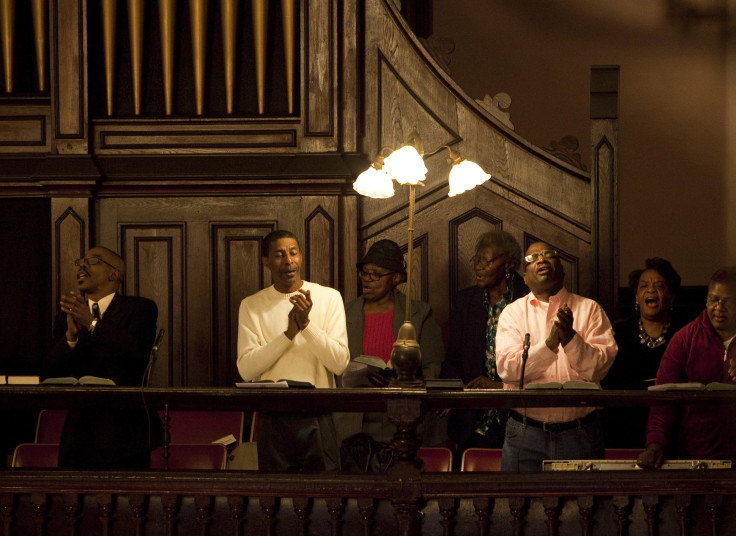South Carolina Gun Laws: Before Charleston Church Shooting, Lawmakers Wanted To Expand Second Amendment Rights

The deadly shooting that occurred at a historic black church in South Carolina came as state lawmakers were fighting to safeguard the rights of law-abiding South Carolinians to keep and bear arms. A gunman opened fire at the Emanuel African Methodist Episcopal Church in downtown Charleston during a bible study Wednesday night, killing nine people. Police found three survivors Thursday morning, including a 5-year-old child who reportedly played dead to escape the gunman.
Republican lawmakers have moved to expand gun rights for South Carolinians in recent months. The state's House of Representatives approved a bill in April to allow the concealed carry of handguns without permits in the state. However, the proposal fell short last month in a Senate subcommittee, which decided more hearings were needed before voting on the bill next year.
Republican Rep. Mike Pitts, who sponsored the bill, argued law-abiding South Carolinians who can legally purchase a gun should be allowed to carry concealed weapons without permits just as criminals already do. “Felons and domestic abusers already do; this simply recognizes your constitutional right combined with two federal Supreme Court rulings,” Pitts said in a post on his Facebook.
In March, Republican Sen. Tom Corbin introduced a bill that would make every “able-bodied citizen” who is over 17 part of South Carolina’s “unorganized militia.” The bill would essentially protect all responsible firearm owners from strict federal gun legislation, such as bans on so-called military-style weapons or high-capacity ammunition magazines.
“It’s not the gun’s fault; it’s never the gun’s fault,” Corbin told the Charleston Post and Courier in a January interview. “It’s the person. But everybody wants to come down on the gun, and I’ve never thought that was right.”
Almost every state in the nation has a constitutional provision granting its citizens the right to bear arms, but only a few -- such as Hawaii and Alaska -- include the concept of a militia into the state law, according to Courthouse News Service in Charleston.
South Carolina law requires a safety standard for handguns, and retailers selling handguns must obtain a state license. However, the state does not currently regulate the transfer or possession of assault weapons, 50-caliber rifles or high-capacity magazines. A background check is not required prior to the transfer of a firearm in the state nor is the reporting of mental health information. Firearm owners in South Carolina do not need to obtain a license, register guns or report lost or stolen firearms, and there is no limit on the number of guns that may be purchased at one time.
© Copyright IBTimes 2024. All rights reserved.





















